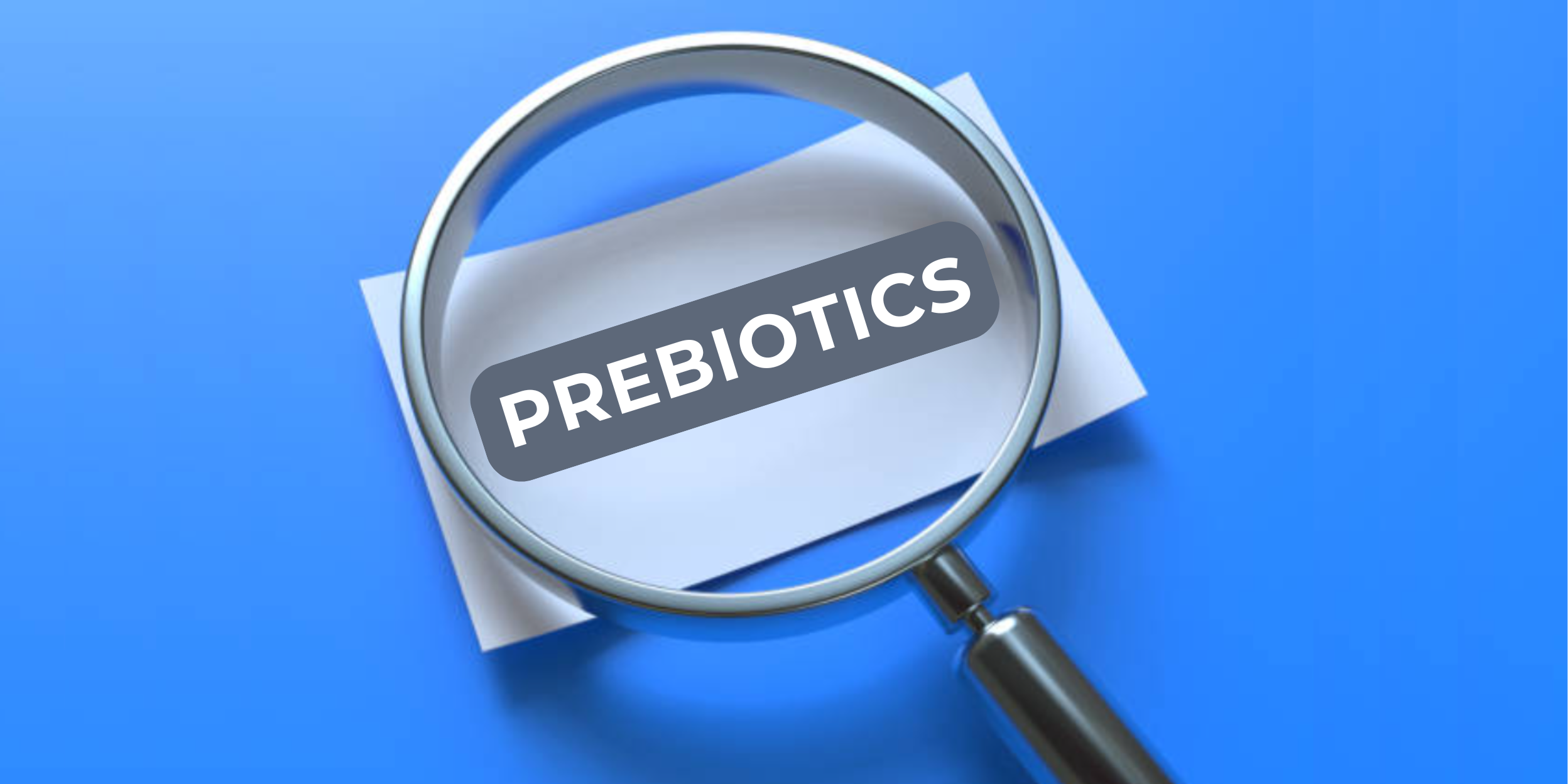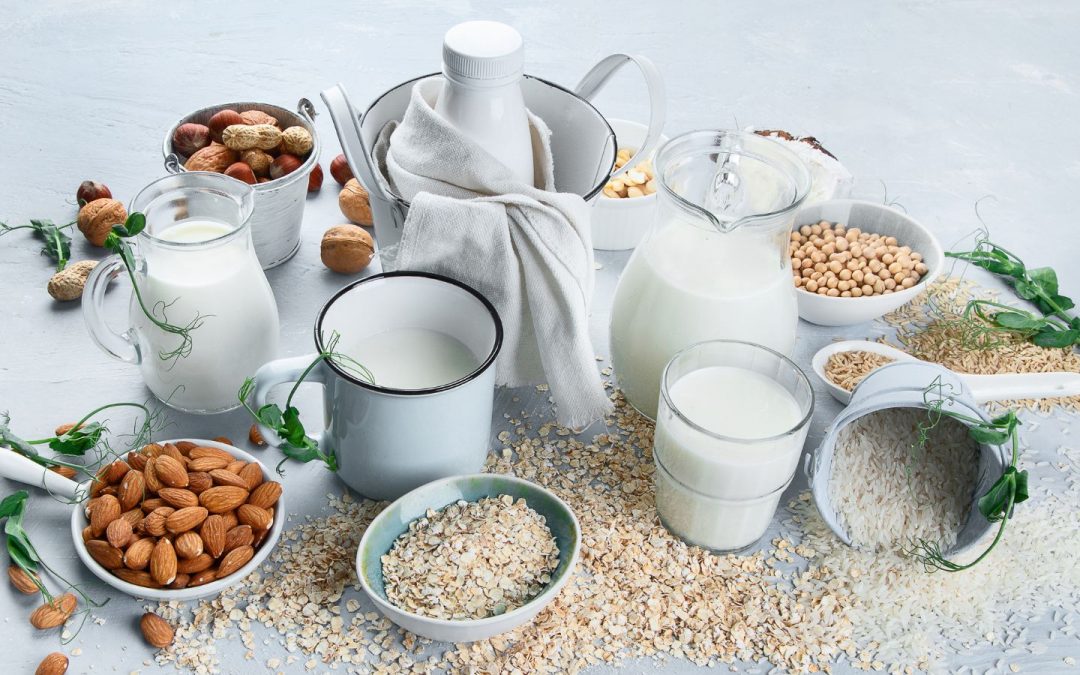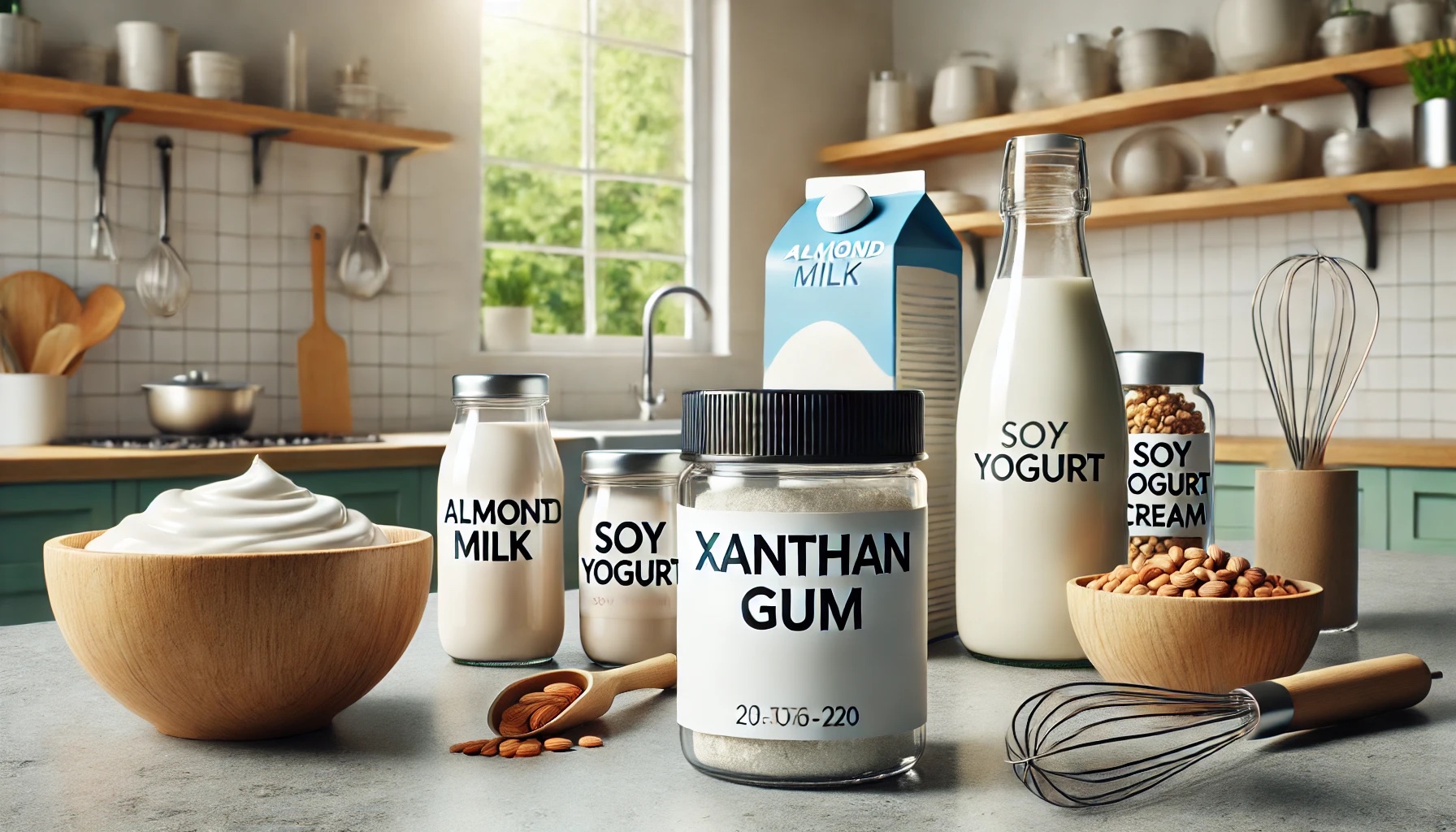Introduction to Prebiotic Fibers
Prebiotic fibers are non-digestible carbohydrates that promote the growth and activity of beneficial bacteria in the gut.
Unlike probiotics, which are live bacteria, prebiotics serve as food for these bacteria, helping to maintain a healthy gut microbiome.
Incorporating prebiotic fibers into functional foods can offer a multitude of health benefits, making them an essential component of modern diets.
Types of Prebiotic Fibers
Inulin
Inulin is a type of prebiotics found in many plants, including chicory root, garlic, and onions.
It is commonly used in food products due to its mild sweetness and ability to improve texture.
Fructooligosaccharides (FOS)
FOS are short-chain prebiotics derived from fruits and vegetables.
They are often added to foods and supplements to enhance gut health and improve digestive functions.
Galactooligosaccharides (GOS)
GOS are found in dairy products and certain legumes.
They are effective in promoting the growth of bifidobacteria, a type of beneficial gut bacteria.
Health Benefits of Prebiotic Fibers
Improved Digestive Health
Prebiotics help in maintaining a healthy digestive system by stimulating the growth of beneficial bacteria.
This can lead to improved digestion, reduced bloating, and enhanced nutrient absorption.
A balanced gut microbiome also helps in preventing gastrointestinal disorders such as irritable bowel syndrome (IBS) and inflammatory bowel disease (IBD).
Enhanced Immune Function
A significant portion of the immune system is located in the gut.
By promoting the growth of healthy bacteria, prebiotic fibers help strengthen the gut barrier and enhance immune function.
This can lead to a reduced risk of infections and improved overall health.
Better Weight Management
Prebiotic fibers can aid in weight management by promoting feelings of fullness and reducing appetite.
They slow down the digestion process, helping to regulate blood sugar levels and prevent overeating.
This can be particularly beneficial for individuals looking to manage their weight and prevent obesity.
Reduced Risk of Chronic Diseases
Regular consumption of prebiotics has been linked to a reduced risk of chronic diseases such as heart disease, diabetes, and certain cancers.
The beneficial bacteria promoted by prebiotics can help in lowering cholesterol levels, improving insulin sensitivity, and reducing inflammation.
Functional Foods and Their Benefits
Yogurts and Dairy Products
Yogurts and other dairy products are often fortified with prebiotic fibers to enhance their health benefits.
These products support gut health, improve digestion, and boost immune function. Adding prebiotics to dairy products also improves their texture and taste.
Baked Goods and Cereals
Incorporating prebiotics into baked goods and cereals can make them healthier by enhancing their fiber content.
This not only improves digestive health but also helps in better weight management and reduces the risk of chronic diseases.
Prebiotic fibers can also improve the texture and shelf life of these products.
Beverages
Functional beverages, including smoothies and protein shakes, can be enriched with prebiotic fibers to provide an added health boost.
These beverages support digestive health, enhance nutrient absorption, and contribute to overall well-being.
The inclusion of prebiotic fibers in drinks also helps in improving their consistency and flavor.
Snack Bars and Confectionery
Snack bars and confectionery items fortified with prebiotic fibers offer a convenient way to improve gut health.
These products help in maintaining a healthy microbiome while providing a tasty and nutritious snack option.
Prebiotic fibers also enhance the texture and sweetness of these snacks.
Incorporating Prebiotic Fibers into Your Diet
Gradual Introduction
When introducing prebiotic fibers into your diet, it is important to start slowly to allow your body to adjust.
Gradually increasing your intake can help in avoiding digestive discomfort and maximizing the benefits.
Variety is Key
Incorporating a variety of prebiotic-rich foods into your diet ensures that you get a broad spectrum of benefits.
Foods such as garlic, onions, bananas, and whole grains are excellent sources of prebiotic fibers.
Reading Labels
When choosing functional foods, it is important to read labels to ensure they contain prebiotic fibers. Look for products that specifically mention inulin, FOS, or GOS as ingredients.
Potential Challenges and Solutions
Digestive Discomfort
Some individuals may experience digestive discomfort when first consuming prebiotic fibers. To mitigate this, start with small amounts and gradually increase your intake. Drinking plenty of water can also help in easing digestion.
Taste and Texture
In some cases, adding prebiotic fibers to foods can alter their taste and texture. However, many manufacturers are improving formulations to ensure that functional foods are both nutritious and enjoyable. Trying different products and brands can help in finding the ones that suit your taste preferences.
Conclusion
Prebiotic fibers play a crucial role in maintaining gut health and overall well-being. Their inclusion in functional foods offers numerous health benefits, including improved digestion, enhanced immune function, better weight management, and reduced risk of chronic diseases. As consumer awareness of the importance of gut health grows, the demand for prebiotic-fortified foods is likely to increase. By incorporating a variety of prebiotic-rich foods into your diet, you can enjoy these health benefits and contribute to a healthier lifestyle.








